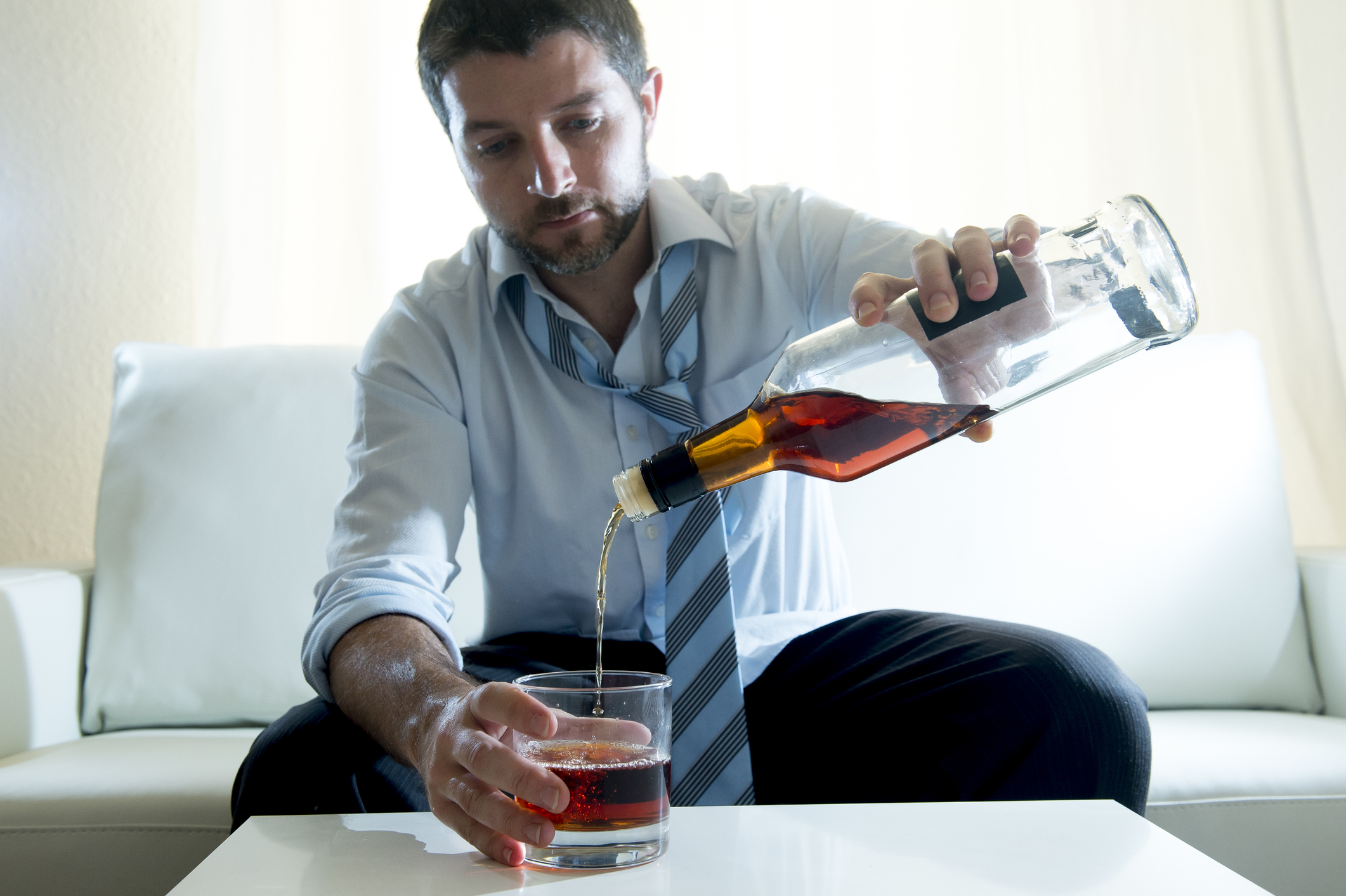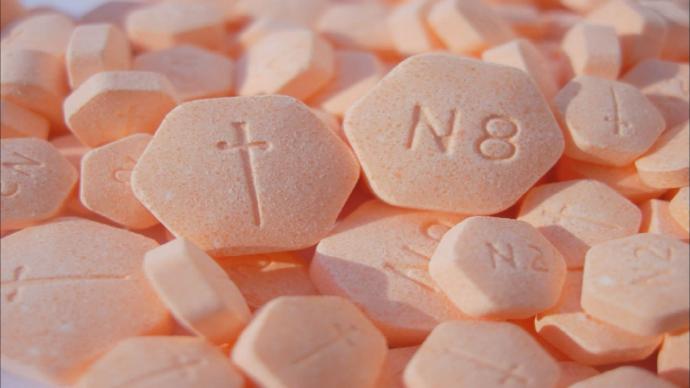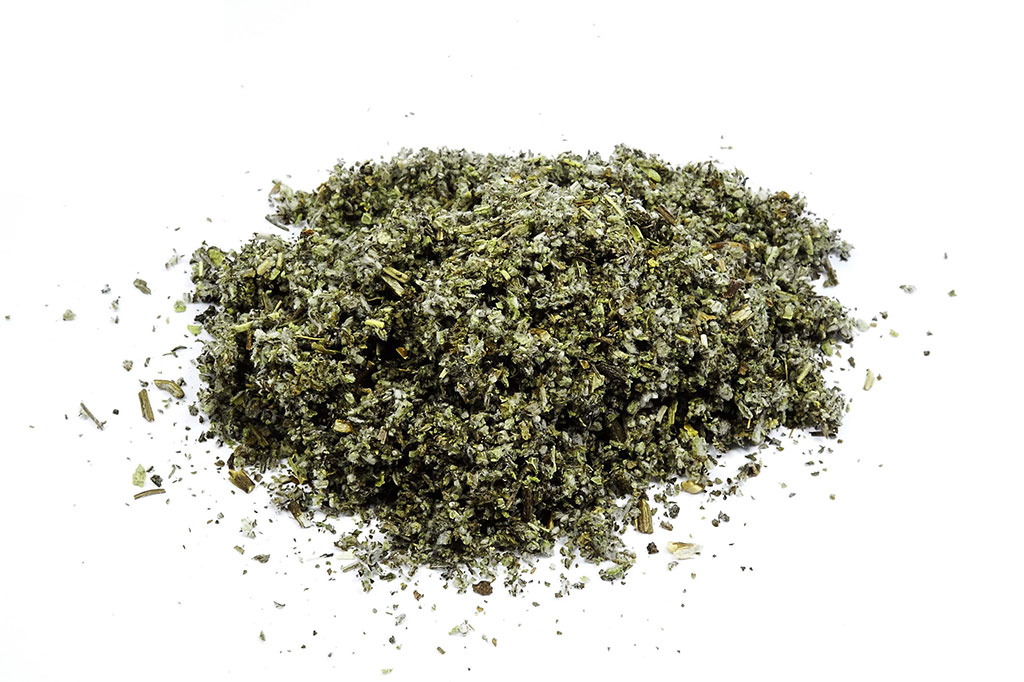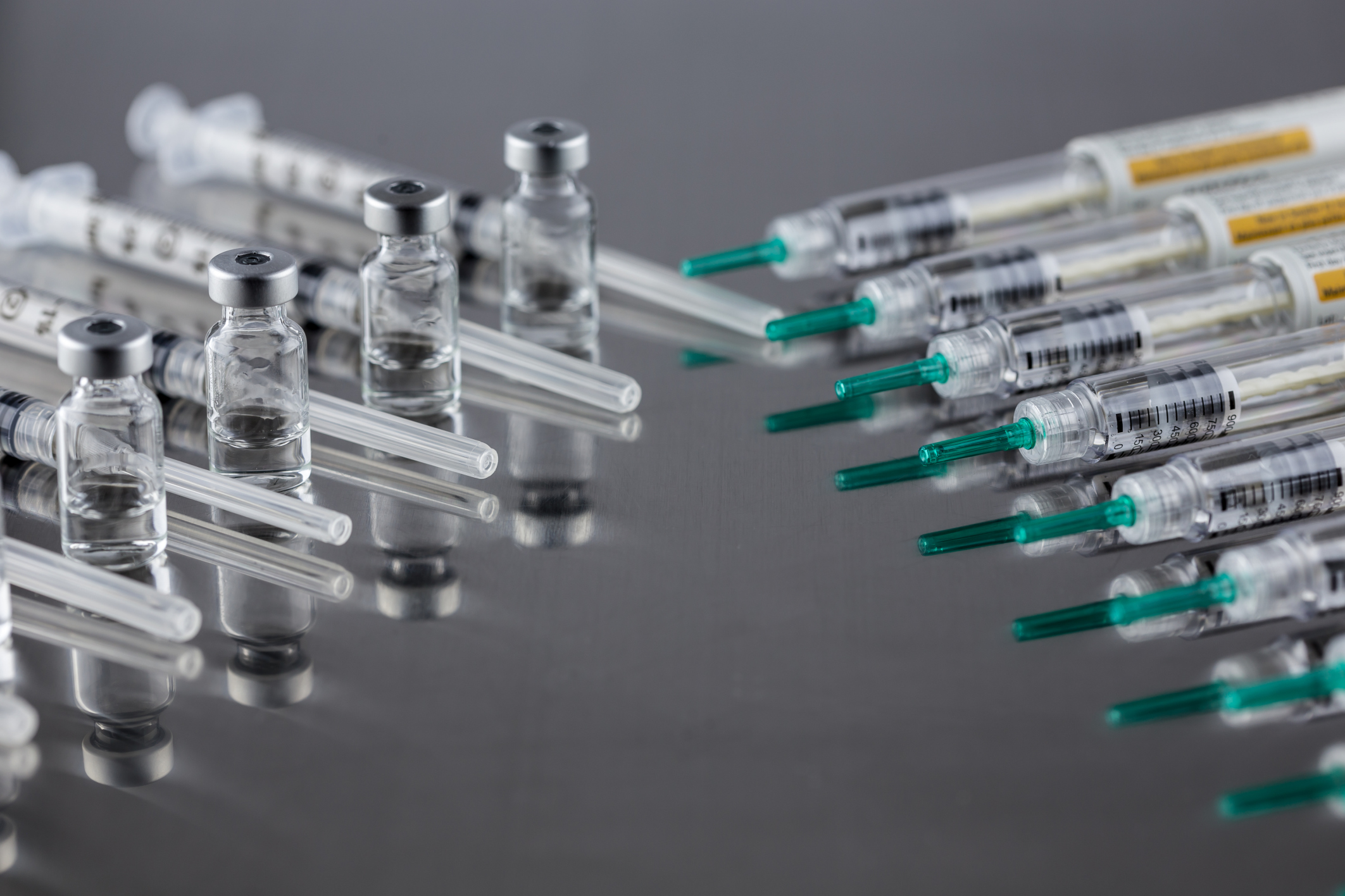
The Alcohol Epidemic
November 6, 2017
Medication-Assisted Treatment: Pros And Cons
November 10, 2017Residential rehabilitation often referred to as rehab, describes a drug or alcohol treatment program that is provided as a residential setting. They are normally abstinence-based and offer an intense treatment plan filled with support and care to aid in the recovery of people who have difficulty becoming drug or alcohol-free.
The rehab and recovery process is not something that can be done overnight. Let’s break down the typical journey through rehab in stages so you know what to expect.
Primary Care
This is the first phase of recovery. It is the basic 30 to 90-day program with plenty of opportunities to work on recovery. There will often be some guidelines and rules in the inpatient facility for the overall well-being of the unit. Sometimes these include:
- No cell phones or computers
- You must attend all sessions
- No relationships in rehab
- Total abstinence from drugs and alcohol
Some treatment facilities will use the following methods to help addicts.
Our admissions coordinators are available 24/7 to answer any questions you may have as you consider whether treatment at Clearbrook Treatment Center is right for you or your loved one.
Intake
This process helps to determine if you are a good fit for the rehab and if they are a good match for you. This is the time you want to ask the questions you have.
They will also have plenty of questions to ask you so they can serve you better. You will undergo an intake screening and assessment that will help treat your whole body as well as determine a comprehensive treatment plan.
During the intake screening and assessment, it is important that the rehab professionals understand the severity of your addiction, family history of addiction, personal drug use and financial arrangements.
Remember, there are plenty of options available to you. If there is something with the program that makes you uncomfortable, explore some other facilities. When you feel comfortable with the treatment center, you have a better chance at success in recovery.
If you are still on the fence about getting addiction treatment, here are five signs that you are ready:
- Drug Use is Your Main Priority
- Your Health Is Suffering as a Result of Drug or Alcohol Abuse
- You Use Excessive Amounts to Get High
- You Also Suffer from a Mental Illness
- There Have Been Attempts to Quit on Your Own, but You Failed
Detox
Most rehabs will monitor you through the phase of detox from drugs and alcohol. This stage removes all traces of the substances from your body.
The severity of the detox process will vary based on:
- The person’s metabolism and body composition
- How long the drug was used
- The particular drug and dosage being used
- If there are multiple addictions
Most times, detox is a safe process and will be done in a supervised medical setting. It is never advised for a person to detox on their own. Withdrawal symptoms can start within a few hours and usually begin within the first 24 hours.
Group Therapy
This is the most common form of treatment used. The CADC (Certified Alcohol and Drug Counselor) will lead a discussion between the patients. This helps them become comfortable with the idea of 12-step meetings.
Sharing within the group can seem intimidating at first, but it is an important step to remaining sober.
Individual Therapy
There will be one-on-one sessions as well with the patient and members of the treatment team, primarily their assigned counselor. It is during this time that the patient and counselor work closely together to address underlying issues that may contribute to their addiction. This can help determine if a patient is suffering from additional mental illnesses or has suffered trauma in the past.
Some low-cost rehabs will not offer this, but it is also an important step to recovery.
Family Program
Some facilities will offer a program where the family can participate in therapy. This will include education about addiction as well as some boundary-setting exercises.
After Care
This second phase of recovery begins after a completed primary care program. Patients have learned the basics of recovery and are ready for more freedom in this setting. There are several options available to the recovering addict at this point.
Extended Care
This ranges from long-term residential care to alumni services. Ask your facility what programs they offer. Some rehabs will offer weekend visits where you can come touch base from time to time.
Sober Living
There are facilities available where sober individuals can live together with some supervision. They will be responsible to perform household chores and work a job. Residents will also be required to follow a set of guidelines regarding their recovery plans. This can include attending group therapy or 12-step meetings.
This is a valuable time where the recovering person gets a chance to acclimate back into the world with intensive support around them.
Many patients maintain regular therapy sessions post-rehab, and submit to random drug testing as a way to keep them accountable to their sobriety. Group therapy is a wonderful method for building a support system in your local area.
Meetings
No matter what path is taken to recovery, it is always advisable that meetings are attended on a regular basis. The two most common are AA (Alcoholics Anonymous) and NA (Narcotics Anonymous). There are other groups for additional addictions as well:
- OA (Overeaters Anonymous)
- PA (Pills Anonymous)
- GA (Gamblers Anonymous)
- SAA (Sex Addicts Anonymous)
- CA (Cocaine Anonymous)
- And more
Attending the meeting geared toward your addiction is the best way to receive the help that you need. The more you interact, the more you will gain. It is also helpful to find a sponsor or someone that can help you to walk through the 12-step program.
IOP (Intensive Outpatient Program)
For some people, inpatient rehab isn’t a viable option. Thankfully, there are intensive outpatient programs available as well.
These programs will offer the same options as inpatient. You’ll still have the opportunity to experience group therapy, one-on-one counseling and family therapy sessions.
There isn’t as much supervision in these programs, as the patient will only attend groups for a certain amount of time each day. Many clients are required to submit to regular drug testing.
Medication-Assisted Treatment
There are some rehabs which choose to use MAT as a way of assisting in the treatment process. This stands for Medication-Assisted Treatment and isn’t yet recognized by all establishments as a safe and effective way of handling drug addiction. Recently, MAT has become more well-known among the treatment industry and general public, especially now, during our current addiction crisis. Nevertheless, many cases prove that medication-assisted treatment can perpetuate the cycle of addiction longer.
If this option is offered to you or a loved one, please do your research before agreeing to this model of treatment. It is important to know and understand ALL of your options.
Get a Free Insurance Verification Today!
"*" indicates required fields
Conclusion
Now that you know what to expect through the entire rehab process, it is time to make those hard first steps. If you are struggling with drug or alcohol abuse, it is time to get the help you need.
There are plenty of options available to help you on the road to long-term recovery. You just need to take the first steps and have the willingness to change your life. You are worth it and deserve a better life.
Contact Clearbrook Today
If you or a loved one is currently struggling with alcoholism or drug addiction, help is available to you.
With 45 years of experience, Clearbrook Treatment Centers can provide you with the highest quality of drug and alcohol treatment services possible. We will walk with you, hand-in-hand, and devise a treatment plan that best suits your needs. This plan will set you on a path to lasting sobriety.
If you are tired of being a slave to your addiction, please contact our Admissions Specialists today.
ARE YOU OR SOMEONE YOU CARE ABOUT STRUGGLING WITH DRUGS OR ALCOHOL?
CALL CLEARBROOK TREATMENT CENTERS NOW AT (570) 536-9621.







